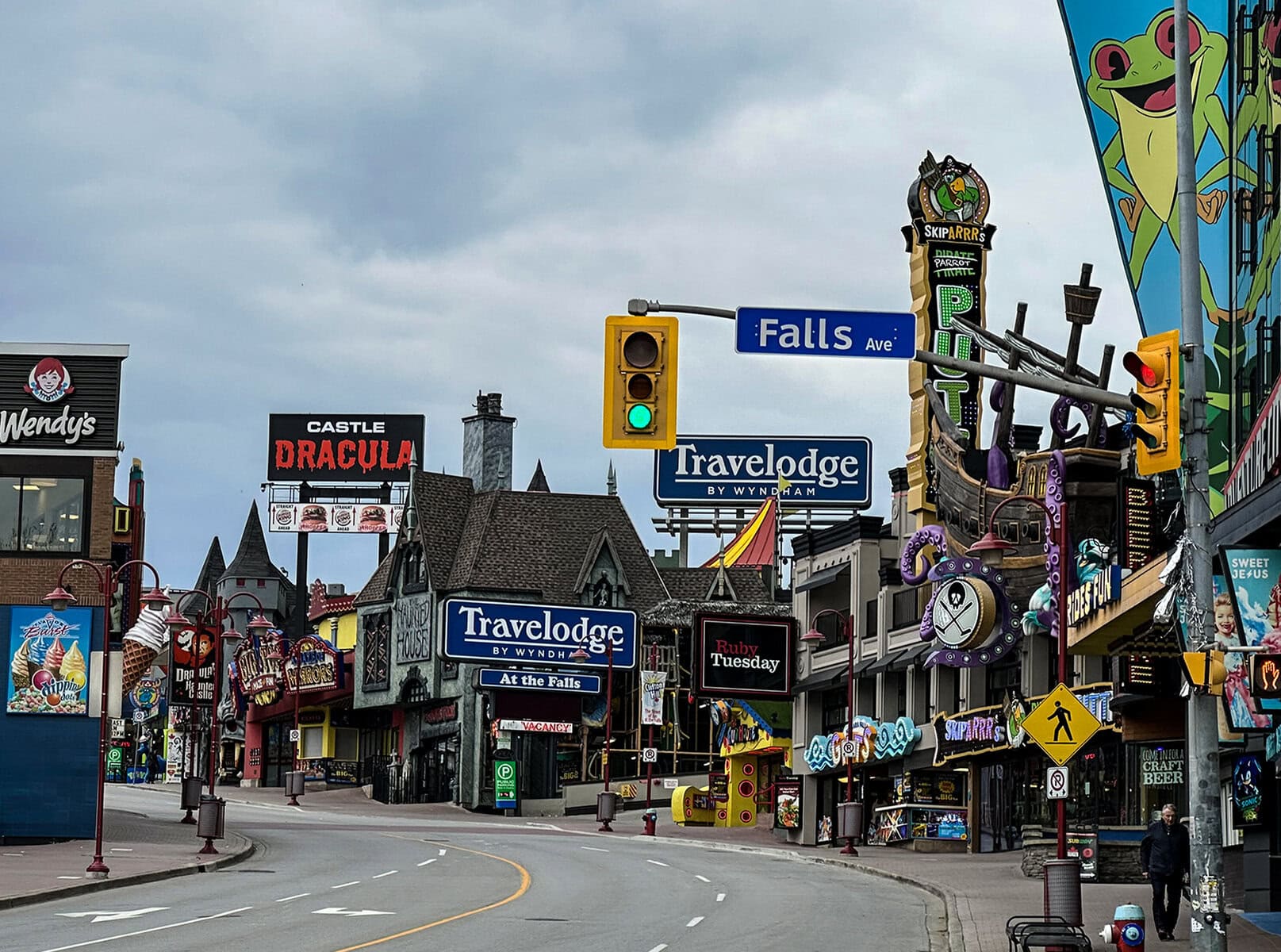Let’s consider the word “progress.”
The Oxford Dictionary defines progress as: “Advancement to a further or higher stage, or to further or higher stages successively; growth; development, usually to a better state or condition; improvement.”
Over the past couple of centuries, economists and social scientists have pondered this word, struggling with the question of how, and if, “progress” in commercial, technological or economic endeavours actually benefits the society in which it occurs.
John Stuart Mill, the most influential socio-political and socio-economic thinker in 19th-century England, wrote, “Hitherto, it is questionable if all the mechanical inventions yet made have lightened the day’s toil of any human being.”
Across the pond, Mill’s American contemporary, economist Henry George, bemoaned the concentration of wealth generated by “progress,” stating, “Grant that a man has a right to appropriate such natural elements as he can use, has he any right to appropriate more than he can use? Has a guest in such a case as I have supposed a right to appropriate more than he needs and make other people stand up? That is what is done.”
Nor has this situation changed markedly since 1900; as illustrated by Amazon’s recent announcement that it would be cutting 14,000 jobs as a result of the “progress” inherent in extensive use of AI to provide “efficiency gains.”
In his recent essay entitled “Need a New Philosophy of Progress,” Jason Crawford suggests, “We need a new philosophy of progress for the 21st century. One that reaffirms the reality and value of progress, and reminds that we possess the agency to shape the future.”
“But we must also avoid the mistakes of the past. First, progress is not inevitable: it does not, as some optimists once thought, unfold according to a divine plan or cosmic will. Progress depends on choice and effort. It is up to us.”
He continues, “Second, progress comes with costs and risks, which we must control: pollution, health hazards, economic upheaval, war. And future technologies, such as genetic engineering or artificial intelligence, may pose greater risks still. Safety must be considered a key goal of progress, even as it forces trade-offs with development speed and cost.”
And concludes, “Third, moral progress does not automatically go hand in hand with technological progress. One of the darkest lessons of the 20th century was how technology could be used to enable empire, wars of conquest, and totalitarian oppression. We must continue to fight against these evils, lest 21st-century technology be used to make them even worse.”
Now, am I advocating that an individual or company should not pursue growth and development?
Absolutely not. I am a fierce proponent of capitalism.
That said, it is extraordinarily disingenuous for an individual or corporation to suggest that the “progress” they seek — or achieve — automatically confers benefits upon the society or community they operate within.
History clearly and unequivocally shows that it does not.
Simply, the successful pursuit of “progress” will result in increased personal and/or corporate wealth. Should they then choose to use a portion of that wealth in making charitable contribution(s) is entirely discretionary and not an inevitable outcome of their undertaking.
Furthermore, it is simple arrogance for someone to suggest that their definition of “progress” should be universally accepted as God’s truth and that any efforts by the community (or society) to modify or manage that “truth” can only be the reaction of Luddites.
The fact is, despite the Ford government’s (and his sycophants at lower municipal levels) opinion to the contrary, corporate pursuit of “progress” without oversight will often end in disastrous consequences, whether it be for the environment (remember the international Love Canal debacle?), community, economic diversity and/or national food security — not so long ago, Niagara was the primary “fruit basket” for our nation.
This is a challenge faced by communities across Ontario. Witness the recent block resignation of the entire municipal heritage committee in protest of the pro-progress Town of Mono council’s decision to deny protection to a historically unique 1850s pioneer stone-built homestead complex.
It is a truism that, if one is allowed to cut the roots of a tree or indiscriminately cut it back, that tree will almost certainly die.
This is not NIMBYism.
Build a hotel in the middle of an established residential neighbourhood and the surrounding single-family properties will, almost certainly, become short-term rentals. Bluntly, what family wants to live in the shadow of a hotel?
Build a modern, architecturally incompatible monster theatre in a designated historic district and, not only is the heritage compromised, but again, the single-family custodians of neighbouring properties will sell out to short-term rental investors with little or no skin in the game relative to preserving that heritage.
So, bite by bite, a community is eroded away by “progress” and, within the foreseeable future, the centre of NOTL’s Old Town could easily be a knock-off of Clifton Hill in the Falls.
Perhaps sound judgment and good sense (both synonyms for “common sense”) should prevail in the direction of “progress” in Niagara-on-the-Lake. But, which future manifests remains your decision.
Brian Marshall is a NOTL realtor, author and expert consultant on architectural design, restoration and heritage.











